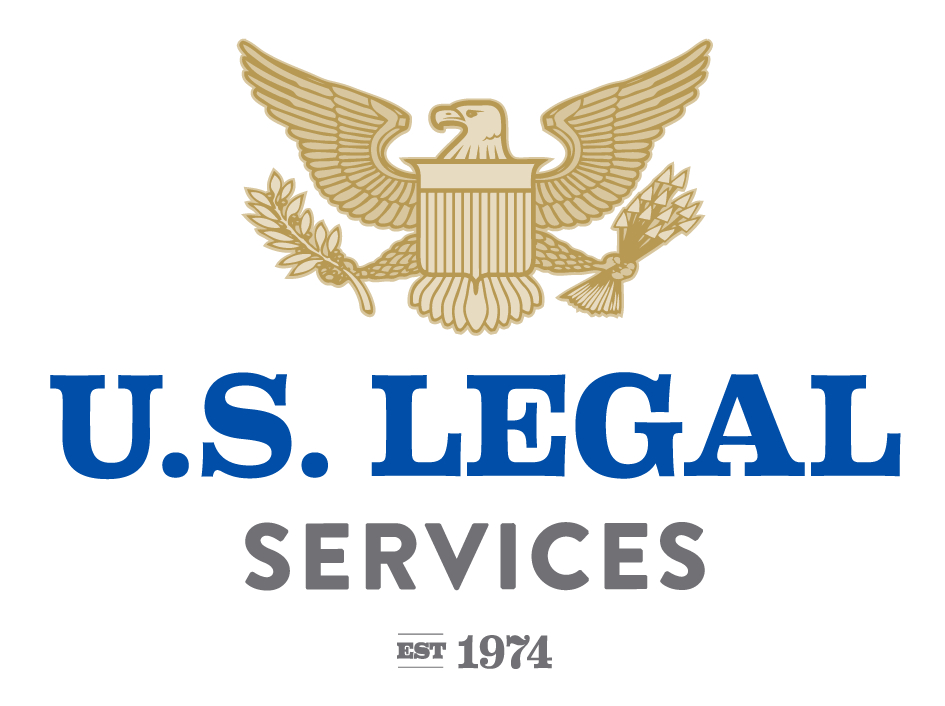
Guide to Hiring a Family Law Attorney
When you need a family law attorney, it’s crucial that you choose the right one—because, after all, no matter what situation you’re in, it involves your family, people you love and want to protect. So, this guide will provide several issues for you to consider to help you make the best choice possible.
Family law is a specialized area of the law; but, having said that, there are numerous specialties that fall under the broad umbrella of this type of law. What they have in common: each one is a niche area that focuses on certain issues connected to family relationships and domestic law.
These niches include but aren’t limited to the following:
- prenuptial and post-nuptial agreements
- paternity issues
- adoption proceedings
- child custody
- child support
- child emancipation
- divorce and spousal support
Some attorneys may represent clients who have several of these issues, handling many of them. For example, a divorce attorney may very well help you with child custody and child support issues, but may not handle adoptions or child emancipation processes. So, what’s most important is to find a quality attorney who can provide exactly the services you need.
Gather Recommendations
If you have friends or family members who have obtained the types of legal services that you need, it can help to ask them about the attorneys they’ve used. How satisfied were they? What challenges, if any, did they face with that attorney?
At this point, you’re looking to make a reasonably comprehensive list of potential choices, so put all recommendations that are, overall, positive on a list. You can also use online directories, like the one created by the American Bar Association, to find possibilities, and you can check online reviews for attorneys in your area. Be discerning when going through reviews but don’t let one or two bad ones deter you if there are also a significant number of positive ones.
Through this process, you may notice that the same two or three names keep showing up. If so, then it can make sense to consider them your short list, and check out their websites. When looking at the services they provide, do they seem to match what you need? At a high level, does a law firm look like one you’d feel comfortable talking to?
You can then contact the attorneys on your whittled-down list. Sometimes, they’ll offer a free consultation so you can get a sense of whether they’d be a good fit, but this isn’t universally true.
Questions to Ask During a Consultation
Use this consultation to learn more about your potential lawyer’s credentials and relevant experience. You can, for example, ask how long he or she has been practicing law. This will help you to know if the person is an experienced veteran or a recent graduate—or something in between. You can follow up by asking how many cases (approximately) the attorney has handled that have been similar to your situation—and how well all turned out for the clients.
You may also want to know if the attorney specializes in the area of law you need, or if it’s one legal service offered among many. You may decide that you don’t need a specialist; but, if that is important to you, this is good information to have.
It’s reasonable to ask your attorney how he or she thinks your case may work out, what strategies he or she might use, and so forth. And, we’ll address one more key question, one that’s important enough to have its own section in our family law guide.
Attorney Costs and Billing Methods
In general, the answer to the question of “How much does a family lawyer cost?” is that it depends. Fees and what they cover can range significantly. So, as you consult with family law attorneys to choose the right one for your situation, find out how, specifically, each lawyer charges and how you would need to pay those costs. How often would you be billed? When would the amount need paid?
The most common billing method used by attorneys is to charge an hourly rate. This rate can range anywhere from $50 on the low end to $1,000 and even more per hour on the high end. Where you live can make a difference, with attorneys in small rural communities often charging less than those in large metropolitan areas.
Some attorneys require an upfront retainer that will cover the initial costs of your case. For example, an attorney who charges $500 an hour may require you to pay an upfront retainer of $2,000, and that would cover the first four hours of service. Beyond that, you would be billed an hourly rate for each hour of legal services performed.
Sometimes, an attorney may charge a flat rate for carefully-defined services, especially if the situation is not likely to be a contested one. For example, if an engaged couple has agreed upon the terms of their prenuptial agreement and simply needs the document drawn up to be signed, an attorney might agree to do so for a flat rate. In those cases, it’s important to know if you’d need to pay any additional filing fees or other charges.
After Choosing a Family Law Attorney
It’s important to provide your lawyer with all of the information that he or she needs to help you. In some situations, there may be details that you feel uncomfortable sharing, but you will get the best results if your attorney knows the whole story. If, for example, you’re in the throes of a contested divorce, you may not want to share information that could portray you in a lesser light. But, once your lawyer has all the relevant facts in his or her possession, then there may be ways to present your case in a way that mitigates any potential damage.
Providing your attorney with clear records and timelines of relevant events can help significantly, too. So, even if you didn’t keep comprehensive records in the past, or didn’t organize them well before, start doing so now. Keep track of relevant dates and times, locations, conversations, and so forth.
How Legal Benefit Plans Can Help
You may know that you need legal help, but also recognize that the fees are more than you can afford. That’s why legal benefits are so helpful. These are voluntary benefits plans that employers offer to their employees—and, as a member of a group legal plan, like Family Defender™, you would have access to the legal help that you need, simply by paying a low monthly fee.
Although the specifics of the plan vary, based upon what each employer selects, the plans do offer family legal insurance benefits. For example, the Family Defender™ plan can cover:
- divorce, child support and child custody issues, along with spousal support calculations and property division
- adoption proceedings, tailored to the state where you live and other specifics of your situation
With this legal insurance plan, you can also receive benefits that can help your family that go beyond what’s typically considered to be family law. For example, the plan can cover:
- juvenile defense, where expert representation is provided to help the youth navigate court proceedings
- personal injury to you or your family, whether that’s through a car/truck/motorcycle accident, a workplace accident, defective products, wrongful death and so forth
- landlord/tenant law, which can focus on rental agreements and leases, housing discrimination, responsibility for maintenance and repairs, and much more
- estate planning, from wills and trusts to living wills, powers of attorneys, and so forth
If you look at what Family Defender™ plans can cover, you’ll see how it provides coverage in a wide range of legal issues.
Employers and Employees Benefit
With legal insurance, employees can have peace of mind, knowing that affordable legal assistance is available. Then, if and when an attorney is needed, it’s right at hand, providing a great sense of relief. Knowing that legal assistance is available when needed can help reduce stress for employees and allow them to focus on their daily issues, both at work and at home.
Employers also benefit because of employees’ increased focus. Less time is wasted with reduced rates of absenteeism. Because employees can feel less stressed, they can often enjoy better health, which can translate into lower healthcare costs. And, when employees have ready access to affordable legal benefits through their company, this can strengthen workplace loyalty.
A legal benefits plan can be a great recruiting tool for new employees and a way to retain a strong workforce. Here’s more about how a legal benefits plan can help employers.
Family Defender™ Legal Plan
Family Defender™ is cost neutral to employees and easy to administer. Here’s more information about the legal benefits plan.
Employers, if you want to talk about how our legal benefits plan can help your workplace, or are ready to set up a plan, please contact us online or call 1.800.356.LAWS.



